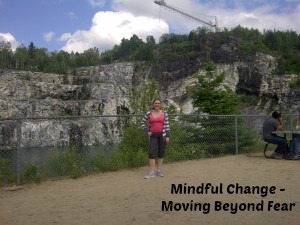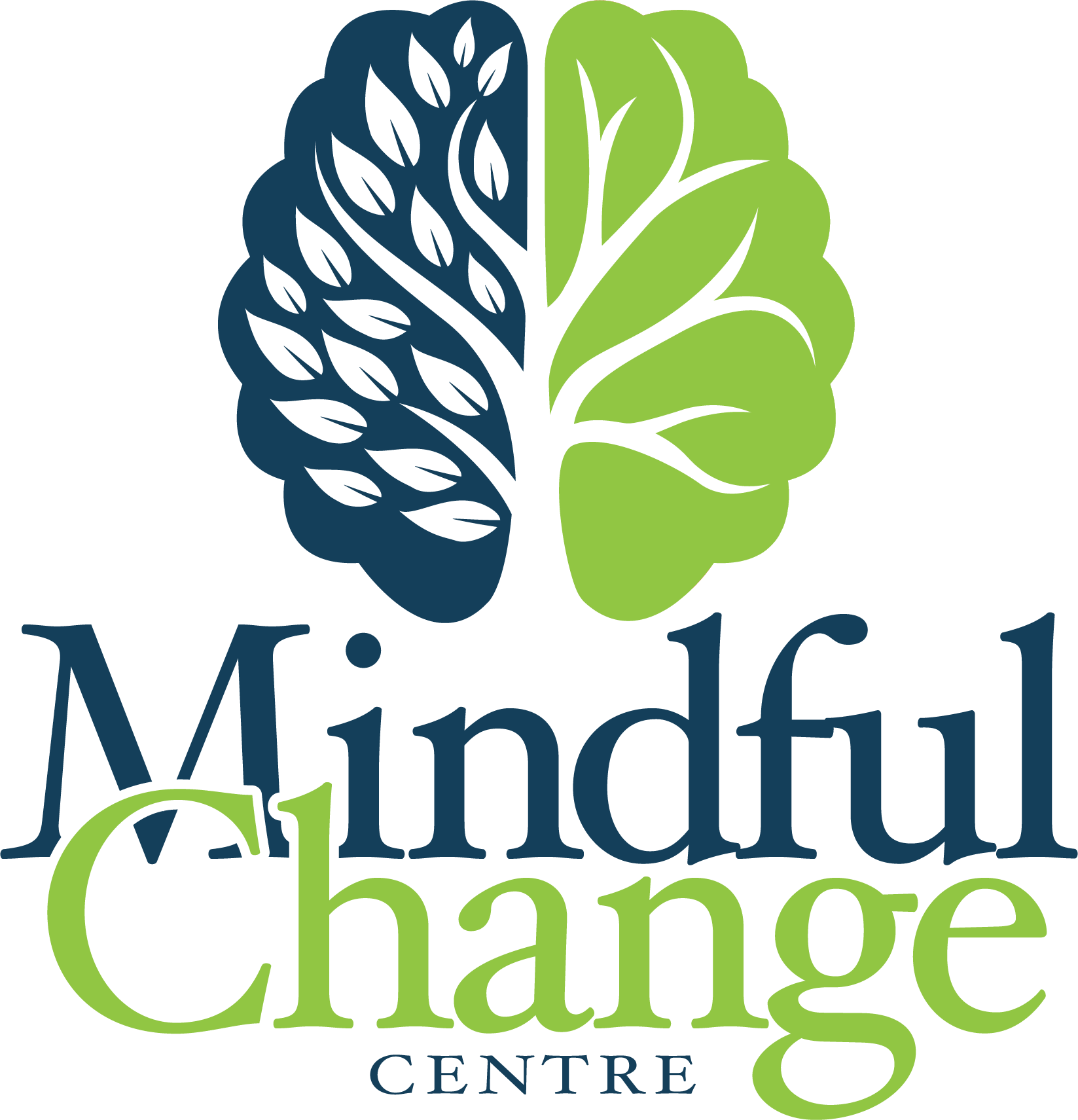‘5, 4, 3, 2, 1 – JUMP!’ yelled the man. A young man dives from the top of the crane, plummeting 200 ft into a quarry with a bungee cord attached to his ankles!
Up and down he bobs several times before he comes to a halt and is released from the cord by an awaiting boat that brings him quickly ashore. As he walks past us towards his friends, he says to the onlookers ‘That’s the scariest thing I have ever done!’
WOW – I sat there watching the remaining 7 people go through the same routine and I could almost feel the fear they were feeling as they looked below and saw how far up they really were. As each person walked out to the edge of the crane, you could feel their hesitation well up inside of them.
 My daughter was with me – she, too, had signed up to bungee jump but she was in the next ‘group’ so we got to watch the jumpers before she would actually get to jump herself.
My daughter was with me – she, too, had signed up to bungee jump but she was in the next ‘group’ so we got to watch the jumpers before she would actually get to jump herself.
Some screamed, others yelled. It was not a scream of joy – it was very much a release of fear! I marveled at their willingness to do it anyway.
And it reminded me of a really important mindset principle – feel the fear and do it anyway. Fear is not real – it is merely a boogeyman inside warning us of the potential danger of situations. Most of us are taught to feel the fear and then to be held back by it. Fear is usually the reason why we don’t do things. Did you know that fear cloaks itself in a variety of ways – because it knows that if we really understood it was fear, we would likely feel the fear and do it anyway?
Fear can make us feel unmotivated – like we just don’t want to do something. I used to see this in my students – a lot – when I was a teacher. You assign them homework and they simply don’t do it. They know they have a test and yet they don’t study. Rather than showing up for class, they skip out and go hang out with their friends. And if you explore the fear at the base of their lack of motivation you find a fear that they are stupid or a fear that they are not good enough to succeed.
The same types of self-sabotaging behaviour occur in the workplace, too, and limit how far we go with our careers and how well we succeed financially.
Fear also masquerades as emotional reactions such as jealousy. Most people think of jealousy as an OK thing – of course you’re jealous when someone else pays attention to your boyfriend, right? But when you probe the jealousy, you find that it is based in a fear that you’re not good enough!
Fear cloaks itself in anger, as well. Anger is merely a strong way of handling one’s fear. People with any sort of an anger issue are merely afraid and, often, they are afraid that they are not good enough.
Fear is also found at the base of greed. People who are greedy are afraid that they won’t have enough – they are afraid for their survival. It is also based on the fear that there is ‘only so much’ and they need to make sure that they get their fair share. It comes from the idea that there is not enough to go around and you need to fight for what you do get.
Finally, judgment is rooted in fear. Making others wrong is actually a very fancy way of trying to make ourselves feel better because, somewhere inside, we are afraid that there is something wrong with us – that we are not perfect enough or good enough or lovable enough.
Being mindful is about being aware of ourselves. And being aware of ourselves begins with understanding the motivation behind all of our words and our actions. When we come from fear, we sow fear into the world we experience. Choosing our actions and choosing our words carefully so that they are a reflection of our highest and best expression causes our world to reflect back to us great things.
Feeling the fear and doing it anyway – or taking it another step further by understanding that it is fear and choosing to respond differently – is the first step to taking back your power and becoming mindful creators. When faced with my own inner fear, I often ask myself the question ‘What would I do right now if I weren’t afraid?’ or ‘If I were coming from a place of love and respect right now, how would I behave?’
I might choose to not bungee jump (I didn’t) because that is not an experience I actually crave for any reason – it’s not just about the fear. But there are plenty of other things that I have chosen to do in spite of fear and it has always taken me down the pathway of greater learning and expression – it is an act that causes me and my life to expand outwards in ways that are quite positive.
Where have you felt the fear and done it anyway? Or where have you felt fear and done things differently?
